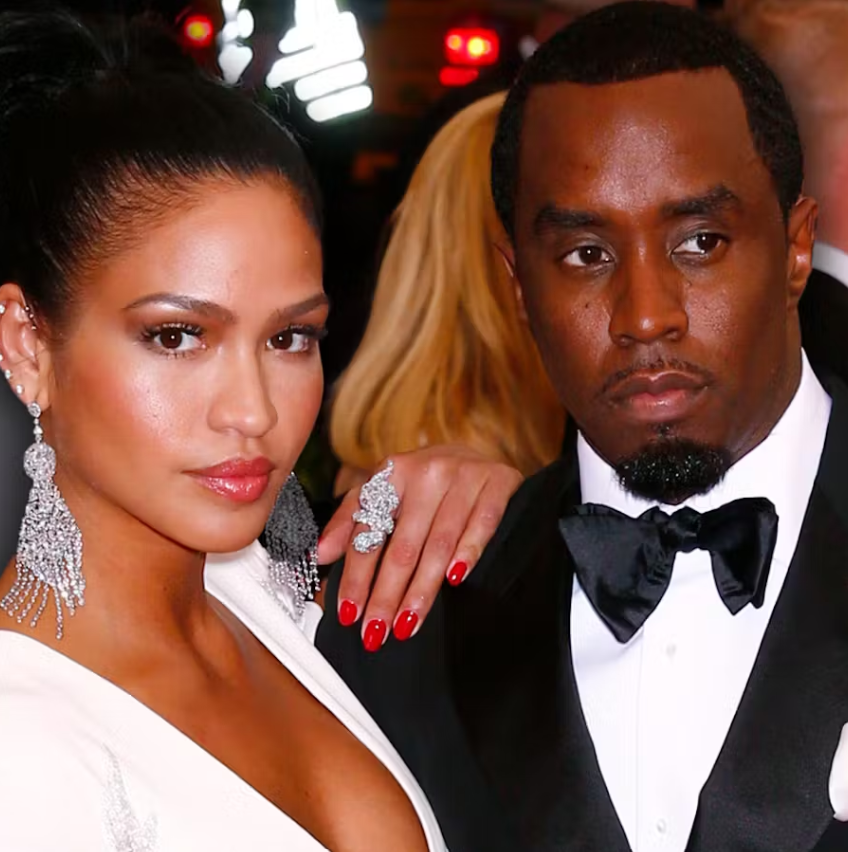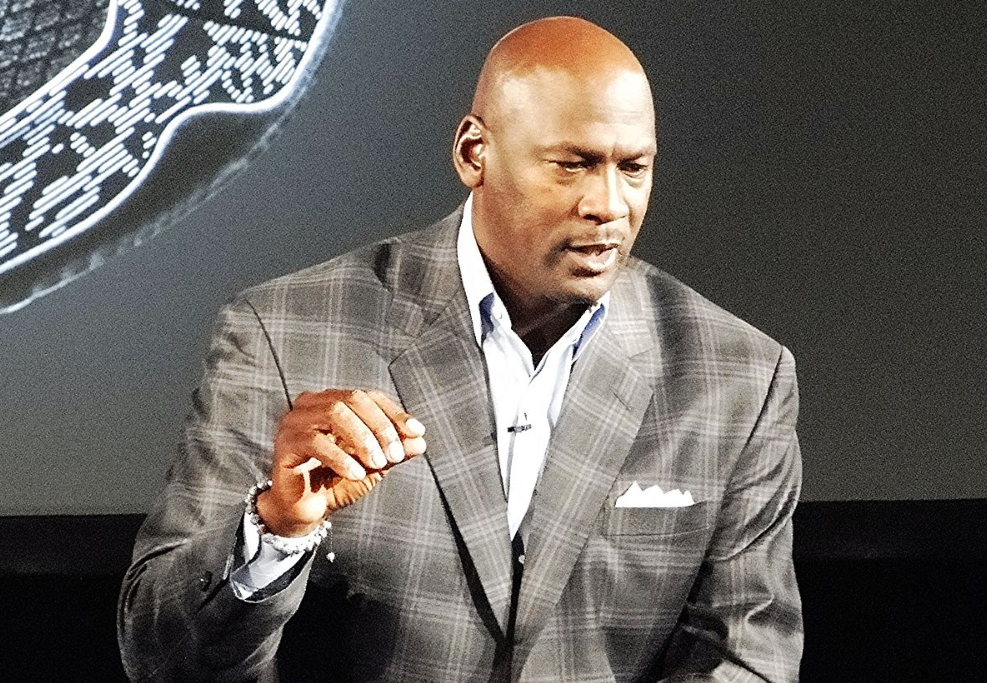Buzz Aldrin, the venerable astronaut who etched his name in history alongside Neil Armstrong by walking on the moon, isn’t someone you’d want to corner with wild conspiracy theories. At 94 years young, Aldrin’s patience for moon landing deniers is, let’s say, less than stellar. Case in point: his encounter with conspiracy theorist Bart Sibrel, which left Sibrel with more stars circling his head than the ones Aldrin used to navigate by.
The incident in question unfolded in 2002 when Sibrel, a filmmaker with a penchant for moon hoax theories, ambushed Aldrin outside a Beverly Hills hotel. His mission? To coerce Aldrin into swearing on a Bible that he walked on the moon. The confrontation escalated quickly, with Sibrel doggedly pursuing Aldrin and hurling accusations, calling him a “coward” and a “liar.”
Now, imagine you’re Buzz Aldrin. You’ve orbited Earth, you’ve seen the dark side of the moon, and you’ve dined on space food that defies both gravity and gastronomy. And then someone has the audacity to challenge the authenticity of your lunar frolic? Let’s just say Aldrin’s response was… punchy. Quite literally. The astronaut landed a solid right hook on Sibrel, a moment caught on camera and destined to be as legendary as Aldrin’s lunar exploits.
Interestingly, the Los Angeles County district attorney decided not to press charges against Aldrin, deeming his fisticuffs a provoked response. The public and legal consensus seemed to be that if you poke an Apollo astronaut, you should be prepared for a counter-thrust.
Sibrel’s encounter with Aldrin is a stark reminder of the bizarre world of conspiracy theories and their real-world consequences. While it’s easy to dismiss such theories as harmless eccentricities, they can have tangible impacts, especially when they lead to harassment of individuals who’ve made significant contributions to science and exploration.
It’s worth noting that faking the moon landing would have required the silence and complicity of an estimated 400,000 people involved in the Apollo program. As James Longuski, Professor of Aeronautics and Astronautics Engineering at Purdue University, points out, keeping such a gargantuan secret would likely be more challenging than executing the mission itself.
So, while Aldrin’s punch might not have been the most diplomatic response, it’s a human one, born out of frustration and a desire to protect one’s legacy against unfounded accusations. It serves as a potent reminder that even heroes have their breaking point and that perhaps, in some cases, the truth needs to be defended with more than just words.




